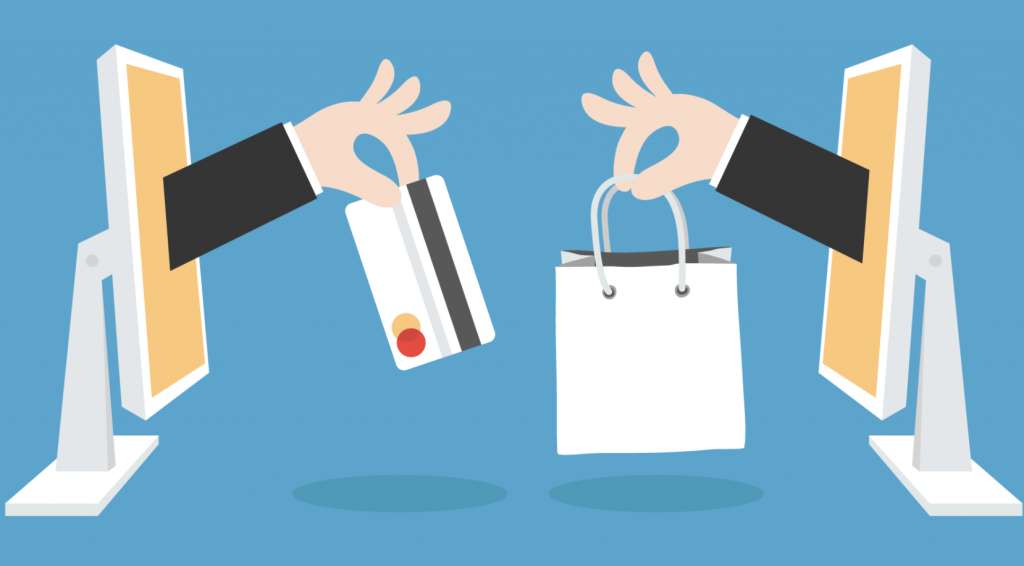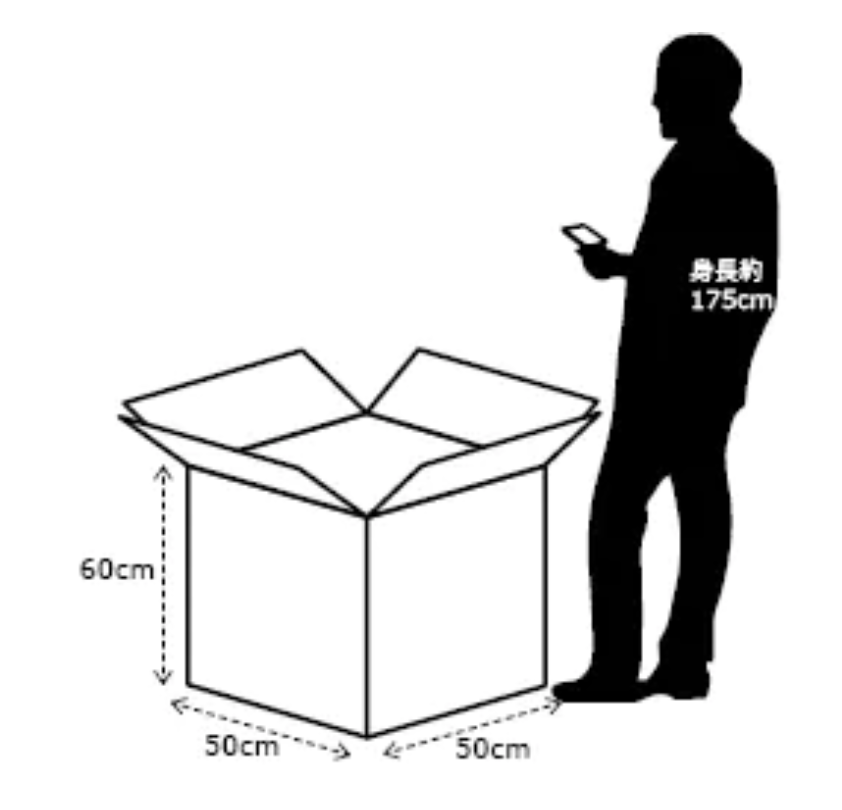It’s time to catch up on the booming e-commerce industry and the prospects of success of smaller businesses today. Sustainability remains a major challenge for businesses as conscious consumerism continues to be the shopping priority of wary millennials. Personal economics towards authentic goods and services providing social, environmental and visual aspects dictate the e-commerce trends.
E-commerce has experienced an explosive worldwide growth over the past decade, including in developing countries.
E-commerce enabled luxury fashion to be more accessible around the globe and became a significant part of the global economy.
Moreover an increasing number of startups and smaller online enterprises are successfully boosted by platforms like Shopify, Kickstarter and IndieGogo. DHL Express thus partners with Shopify to empower small businesses to go global.

Broader positioning through both e-commerce and offline brick-and-mortar retailing remains important, as consumers continue to seek for products available digitally and locally. In fashion most traditional luxury brands are exclusively available through their own online and offline stores, younger medium-sized luxury brands waive the management of their own online shop and instead distribute their goods through select offline stores with respective online stores.
For the growing number of smaller niche fashion labels concerned about in-depth storytelling, transparency, personalization as well as sustainable and ethical aspects of their supply chain – individually refined online stores are an indispensable tool since visual and content-related digital representations play an increasingly important role to eco-commerce consumers and millennials.
This significant distinguishing factor is a major benefit of smaller sustainable e-commerce businesses, yet many of them are lacking in digital visibility, e.g. via search engines. Sustainability-conscious consumers can globally purchase and better inform themselves about niche products and brands online. According to Accenture, however, Millennials are certainly very savvy online customers, but it doesn’t mean they’ve stopped frequenting brick-and-mortar venues.

Personalization – describes a customer-centered e-commerce model that provides more personalized and curated shopping experiences with a focus on niche markets and customization opposed to mass production. Consumer want to be individual by identifying themselves with authentic brands and products, implying that brands will have to focus on their strengths, their brand story and quality of products.
E-mail commerce – will become vital to brands. Personal customer service and secure purchases through e-mail gives online shopping a much more personal touch. There are major gains for businesses that know how to build long-term customer trust online.
Sustainability – will evolve to be indispensable for brands, products and e-commerce, as millennials are becoming increasingly sustainability and quality-conscious. Mindful consumption and circular economy principles will be an integral part of the value and supply chain. The process of e-commerce itself will become more sustainable by improving product informations and online visualization, consumer behavior, packaging material and delivery options.
Coordination and Cooperation – in supply chain management and e-commerce will cause retail sales to rocket. Fashion brands will grow in scale when cooperating with other online platforms, businesses and brands, while making supply chain processes more efficient. Conversely, the innovative qualities of startups and new fashion labels will revive conventional big companies, thus connecting authentically is the way to go!

Since cooperation and sharing of expertise and structures have become increasingly important to sustainable supply chains, the significance of relationships and partnerships has also continued to increase. Companies that use both environmentally and economically sound manufacturing and production practices can gain significant competitive advantages, as the boom in commerce for sustainable lifestyles has opened up an entirely new market for prospective entrepreneurs.
Business of Fashion, the daily resource for fashion entrepreneurs, further states that the fashion’s ability to overcome rising costs in materials, labor, and transportation, it is important that consumer knows the source of your product while tackling more active regulation and shifting consumer sentiment remains to be seen and accounted for.






